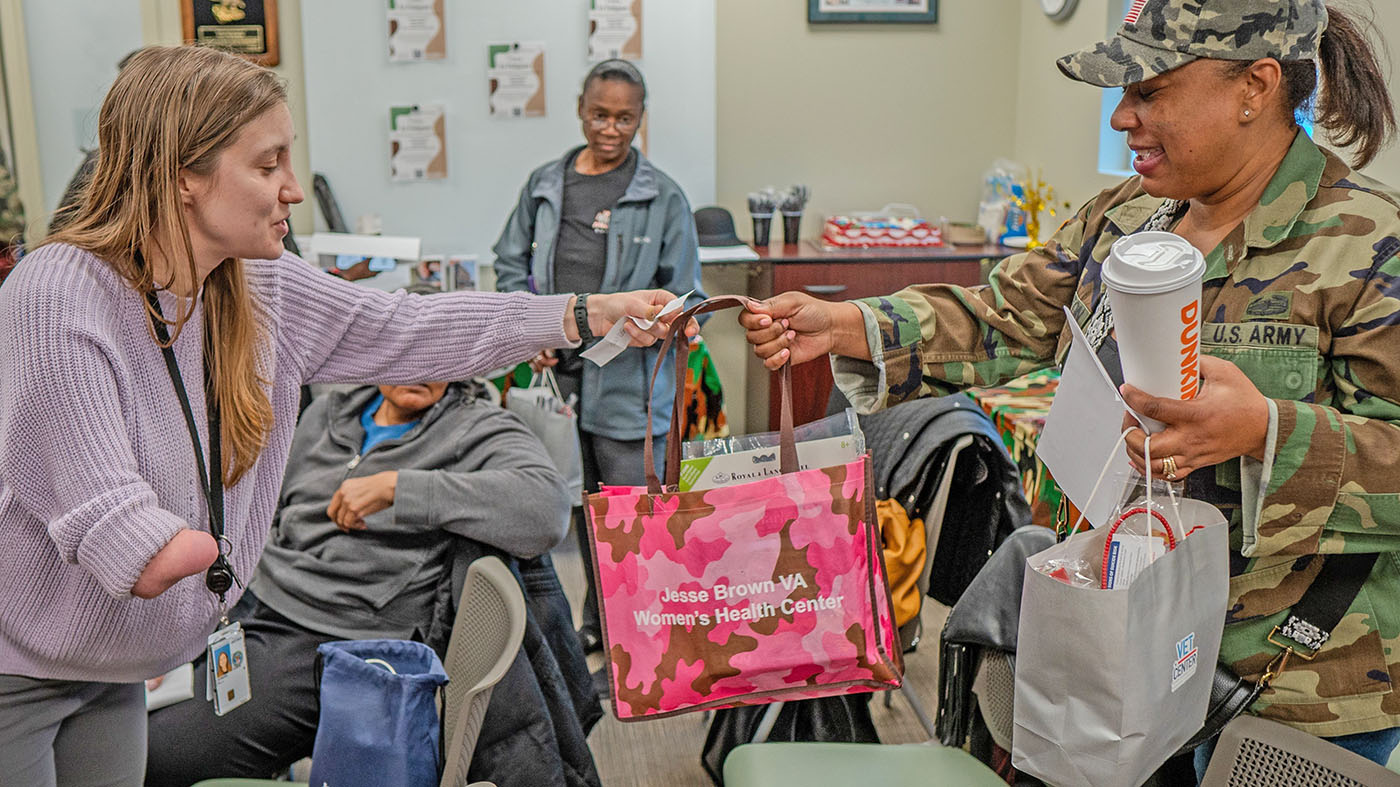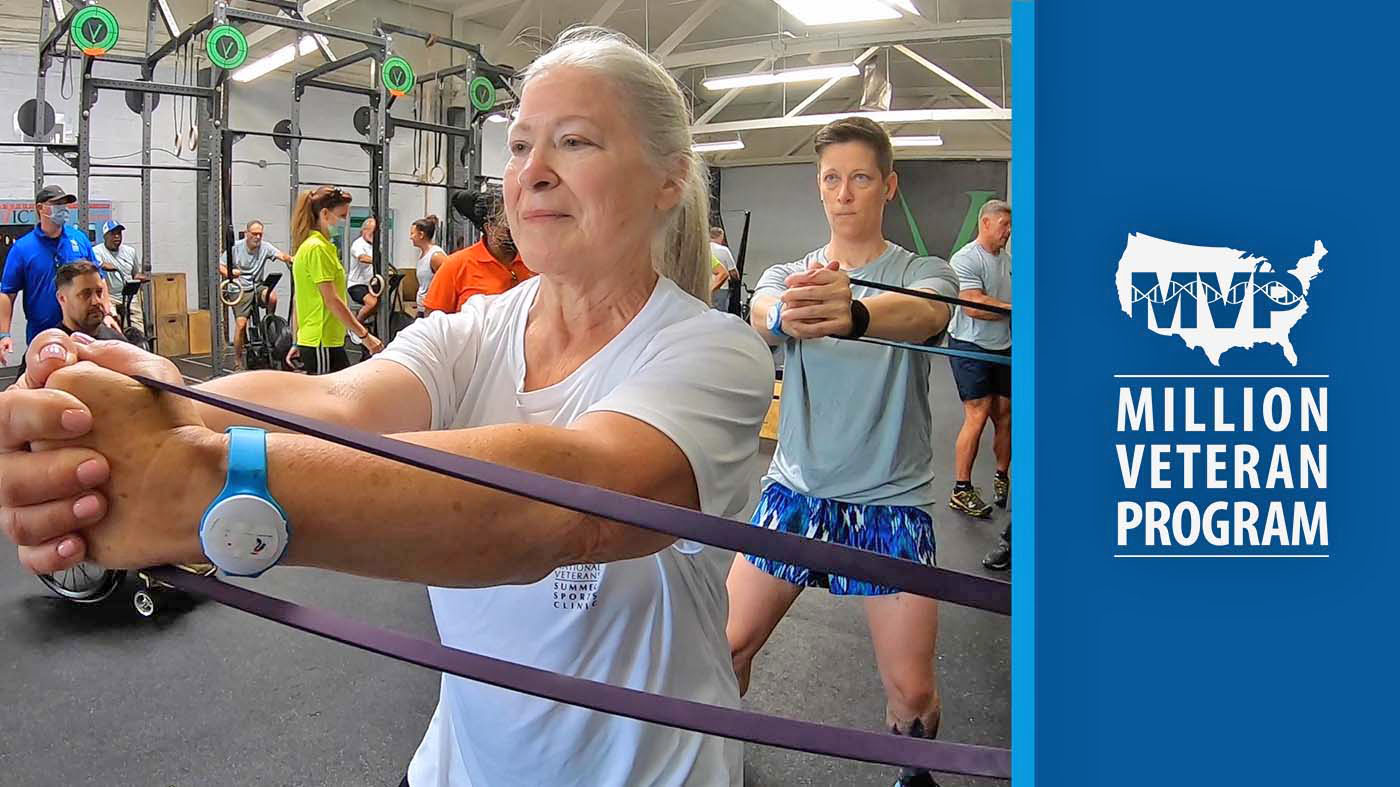Beta lactam (BL) antibiotics, more commonly known as penicillin antibiotics, have long been the drugs of choice for most infections. However, roughly 10% of patients report a BL allergy – 90% of which do not demonstrate true allergies to all BLs. This often leads to the unnecessary use of broad-spectrum treatments.
Amanda Gillion and Jessica Bennett, clinical pharmacy practitioners at the Memphis VA, noticed this trend and kick-started the Beta Lactam Allergy Assessment. This assessment is meant to determine whether Veterans are receiving the best possible care when it comes to BL allergies.
More effective care
Gillion, drawn to VA for its reputation as a teaching institution, has been with Memphis VA for eight years. She began noticing that some Veterans’ health records tagged a BL allergy but that she knew that those Veterans could be receiving more effective care while reducing the risks of broad-spectrum antibiotic use.
“There can be major negative outcomes when you don’t use the right antibiotic,” says Gillion. “A broad spectrum can encourage resistance, making the infection harder to treat.” There are also cost considerations. Penicillin is generally less expensive than other BLs. “That money could be better used to care for Veterans by bringing new improvements or technologies to existing programs.”
The new assessment
In 2016, Gillion and her team began using the beta lactam allergy template to identify patients suitable for the penicillin skin test clinic. Through this skin testing, patients can potentially be cleared of their penicillin allergy and have their medical records updated. Of the 40 Veterans seen in the clinic, only four have been told to maintain penicillin avoidance.
Since then, Gillion and her team have journeyed through the VHA Innovation Ecosystem to grow and share their new BL Allergy Assessment solution.
They were first awarded a VHA Innovators Network (iNET) Spark-Seed-Spread Investment in FY2020 to spread the project to Central Arkansas VA. In FY2021, the team participated in the VHA Shark Tank Competition, where the practice was adopted and implemented by Washington D.C. VAMC.
Shark Tank also supported Gillion’s team in presenting the assessment to the Clinical Pharmacy Practice Office (CPPO), with whom they are planning a larger-scale pilot test within the next few months.
A Veteran seen in the clinic had anxiety about his BL allergy, due to severe reaction from immunizations in the military 40 years ago. “He ended up being cleared of the allergy and was so relieved and thankful to have that stress removed,” Gillion said. “Seeing the smile on his face, not having to carry that BL tag anymore, everyone felt good about that.”
Furthering innovation
“This experience has shown what a small group of people with an idea can do, and what VA will do to support that idea,” said Gillion, reflecting on the process so far. For VA employees looking to innovate, she encourages them to get involved with VHA IE. “Getting plugged into iNET and seeing how many people across VA have these ideas, that they see something they want to fix, was inspiring.”
Want to get started on your Innovation Journey?
Want to support VHA IE’s innovation revolution? Visit our website to learn about more opportunities and get involved in innovation at VA.
Topics in this story
More Stories
Navy Veteran and president of the American Medical Association got a colonoscopy and encourages other Veterans to do the same.
Chicago Vet Center and VA gave women Veterans information on VA services available to them.
MVP’s research informs personalized care for Veterans, supporting whole health and beyond.






